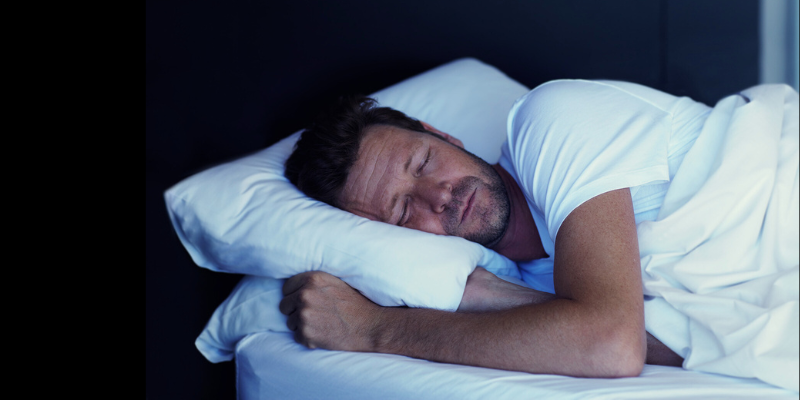By Einaz Farahmand
QubeCore Sports & Rehab Acupuncturist
Why is sleep so important for overall health?
Sleep is essential for physical, mental, and emotional well-being. It allows the body to repair tissues, restore energy, and consolidate memory. During sleep, the body regulates key neurotransmitters and hormones, including melatonin, cortisol, serotonin, and gamma-aminobutyric acid (GABA), all of which influence mood, stress levels, and restorative processes.
Poor sleep can lead to fatigue, difficulty concentrating, irritability, and a weakened immune system. Acupuncture supports the body’s natural restorative processes by calming the nervous system, improving blood flow, and helping regulate these physiological systems, promoting deep and restorative sleep.
How does acupuncture help improve sleep?
Acupuncture can influence multiple physiological systems to support healthy sleep:
- Autonomic nervous system regulation: Acupuncture helps shift the body from a sympathetic “fight-or-flight” state to a parasympathetic “rest-and-digest” state, slowing heart rate and lowering blood pressure.
- Hormonal and neurochemical balance: Acupuncture has been shown to increase melatonin, the hormone that signals the body to sleep, and reduce cortisol, the stress hormone that can interfere with sleep (Chen H et al., 2020; Stener-Victorin et al., 2000).
- Neurotransmitter modulation: Acupuncture can enhance GABA and serotonin activity, which help calm the nervous system and promote relaxation.
- Improved circulation: Acupuncture increases microcirculation, supporting oxygen and nutrient delivery to tissues, which contributes to overall restoration during sleep.
Many patients notice they fall asleep faster, sleep more deeply, and wake feeling refreshed, as acupuncture helps the body restore natural balance and optimize the physiological systems involved in sleep.
What lifestyle habits support better sleep?
Alongside acupuncture, simple habits can improve sleep quality:
- Maintain a consistent sleep schedule
- Reduce screen time and bright lights before bed
- Establish a calming bedtime routine, such as reading, gentle stretching, or meditation
- Keep your bedroom cool, dark, and quiet
- Avoid caffeine or heavy meals close to bedtime
Combined with acupuncture, these habits help the body maintain a healthy circadian rhythm and support restorative sleep.
How often should someone receive acupuncture for sleep issues?
Most people benefit from weekly sessions over 4–6 weeks, depending on the severity of sleep disruptions. Sessions focus on relaxing the nervous system, improving circulation and supporting the body’s natural sleep processes, including the regulation of melatonin, cortisol, and neurotransmitters. Over time, patients often notice better sleep quality, reduced restlessness, and more energy during the day.
What can patients expect during a sleep-focused acupuncture session?
A session begins with a discussion about sleep patterns, lifestyle, and overall health. Treatment targets points that calm the nervous system, improve circulation, and support the body’s restorative functions.
Many patients report feeling deeply relaxed during and after the session, with improvements in sleep appearing after just a few treatments.
Good sleep is essential for energy, mood, cognitive function, and immune resilience. Acupuncture offers a gentle, evidence-informed way to optimize the body’s physiological sleep processes, reduce stress, and support overall wellness. If difficulty falling asleep, staying asleep, or waking unrefreshed is affecting your life, consider booking a consultation with Einaz Farahmand, RAc, to explore a personalized approach to better rest.
QubeCore Sports & Rehab offers Acupuncture services in North Vancouver for a wide range of concerns. To book your appointment with Einaz Farahmand, call 604.210.2274 or simply book online by clicking HERE.
References
Chen H, et al. Effects of acupuncture on sleep quality and melatonin production. PubMed
Stener-Victorin E, et al. Effects of acupuncture on stress and nervous system regulation. PubMed
